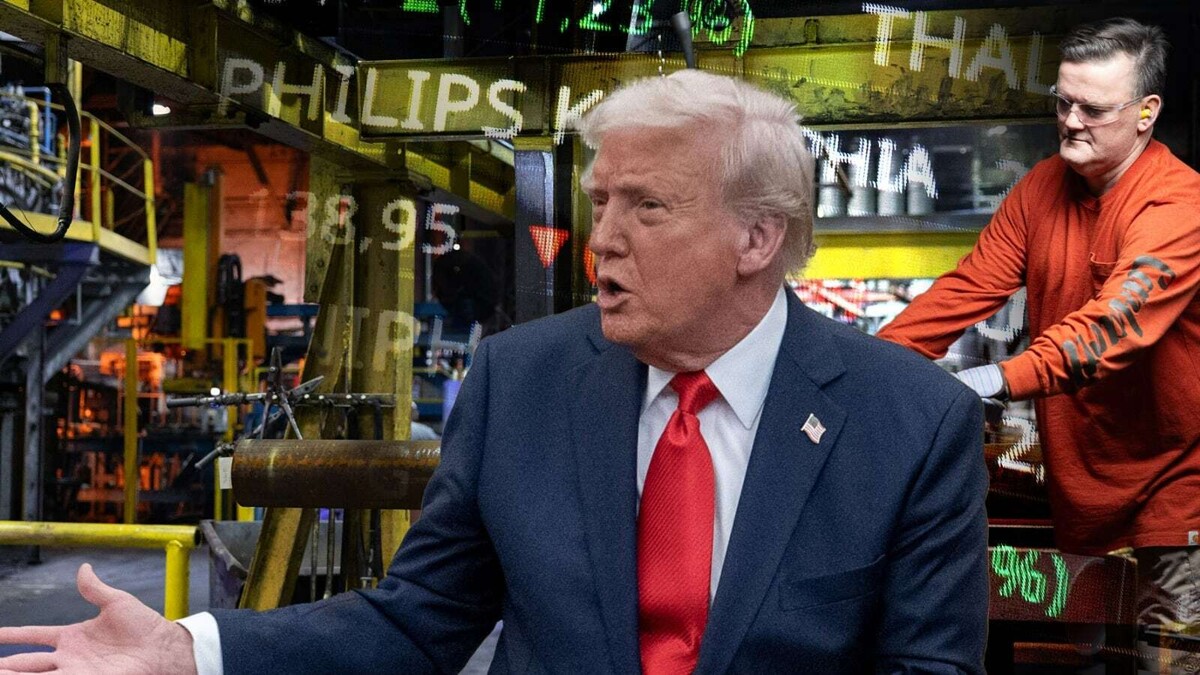
Donald Trump, president of the United States, has imposed several tariffs on Chinese products, stating that he had just begun to use them to boost the American economy when the COVID-19 pandemic interrupted his plans. Trump has mentioned his intention to protect American businesses through strong tariffs, and when announcing the pause of reciprocal tariffs, he suggested that this would provide an opportunity for U.S. trading partners to reach agreements to avoid additional charges.
The ones who pay Trump's tariffs are the importers or intermediaries acting on their behalf. Although costs are usually passed on in the process, the president seeks for countries to eliminate the tariffs they impose on American products. The collection of tariffs by customs agencies could help finance the tax cuts promised by Trump.
On the other hand, the imposition of tariffs could stimulate employment by attracting investment; however, it can also result in job losses in other sectors of the economy when it provokes retaliation from the affected countries. Trump argues that, ultimately, it is the exporter who bears the cost of a tariff.
The American president has maintained tariffs as a pillar of his economic policy since taking office. He proposes the use of tariffs and incentives to encourage companies to build facilities in the U.S. Additionally, he seeks to reduce the corporate tax and considers tariffs to be a source of government funding and a way to decrease taxes.
Moreover, Trump views tariffs as a diplomatic tool to regain the world's respect. He has issued tariff orders on imports from Mexico, Canada, and China to address various issues, including the public health crisis stemming from fentanyl consumption.
Regarding the validity of Trump's tariffs, some remain in place, such as tariffs on Chinese and Mexican products, electrical components, and assembled automobiles. The president has suggested using tariffs as a means to boost American manufacturing and strengthen the country's economy.
In summary, Trump's strategy with tariffs seeks, through various objectives, to strengthen the American economy, increase federal revenues, and enhance domestic manufacturing. Although this policy has received criticism and warnings of potential negative impacts, Trump continues to stand by his position of imposing tariffs as a way to achieve his economic goals for the U.S.














